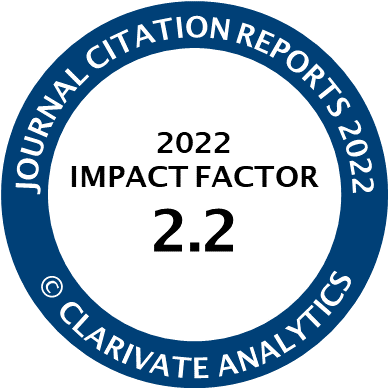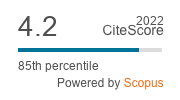Editorial | Open Access
The Feminist Project under Threat in Europe
| Views: | 5099 | | | Downloads: | 3744 |
Abstract: Is the feminist project under threat in Europe? This thematic issue addresses the question in both theoretical and empirical ways, focusing on the various ways in which feminist politics are opposed and why, on what the impact of such opposition is, and how to improve our theoretical understanding of this particular manifestation of gender and politics. The issue addresses three major challenges: a need to reflect on the most suited concepts and theories in political and social sciences to understand what is at stake in Europe today; a need to vernacularize existing knowledge while forging global frames of analysis; and a need to avoid the risk of reifying oppositional forces and of reiterating dichotomous frames and categories. The responses to these challenges are: to analyse the threats to the feminist project as parts of larger projects against social justice and equality; to contrast macro narratives by engaging with the microlevel of the anti-feminist project, enabling a critique of mainstream scholarship; to analyse the threats to the feminist project as related to processes of changes to democracy, such as democratic backsliding; to give prominent attention to discursive, epistemic and symbolic processes; and finally to include studies on the response of feminist actors to the threats experienced. This collection of articles offers a variety of perspectives on the various threats to the feminist project in Europe today.
Keywords: abortion politics; anti-gender campaigns; democratic backsliding; discursive politics; Europe; feminism; LGBT politics; opposition; populism; sexual politics
Published:
© Mieke Verloo, David Paternotte. This is an open access article distributed under the terms of the Creative Commons Attribution 4.0 license (http://creativecommons.org/licenses/by/4.0), which permits any use, distribution, and reproduction of the work without further permission provided the original author(s) and source are credited.




